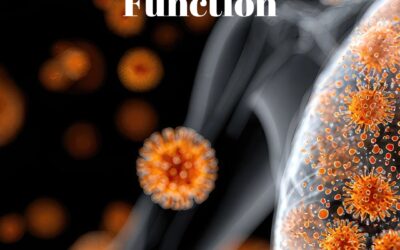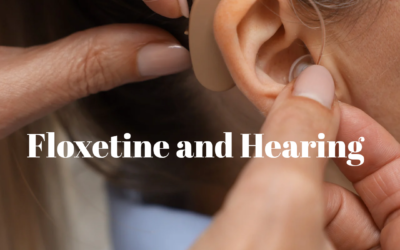Breastfeeding is critical in shaping an infant’s gut microbiota, directly impacting long-term respiratory and immune health. Breastfed infants develop a more diverse microbiome, particularly in beneficial bacteria like Bifidobacterium and Lactobacillus. These bacteria are vital for immune system development and help protect against future infections, inflammation, and respiratory diseases.
The gut-lung axis, which links gut health to lung function, underscores the importance of breastfeeding in preventing respiratory infections such as bronchitis, pneumonia, and asthma later in life. Research shows that breastfed infants experience fewer respiratory diseases than formula-fed infants, highlighting the long-term benefits of early microbial diversity in disease prevention.
Human milk oligosaccharides (HMOs), found in breast milk, selectively feed beneficial gut bacteria, which is crucial in supporting immune system development and reducing inflammation. HMOs are instrumental in establishing a healthy gut environment, which protects the respiratory system and reduces the likelihood of chronic diseases in the future.
By promoting a robust gut microbiome, breastfeeding is a natural, preventive measure against a wide range of immune-related and respiratory conditions throughout childhood and adulthood. These findings reinforce the role of breastfeeding in preventing diseases rather than just enhancing current health.
See also:
Breastfeeding & Climate Change: Can Better Policies Reduce the Crisis?
Maternal Omega-3 Levels May Prevent Breast Cancer in Offspring
Sources:
NYU Langone Health. Breastfeeding is crucial for shaping infants’ microbes and promoting lung health. NYU Langone News. September 19, 2024.
Shenhav L, Fehr K, Reyna ME, et al. Microbial colonization programs are structured by breastfeeding and guide healthy respiratory development. Cell. 2024;187(19):P5431-P5452.





















